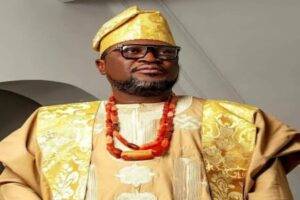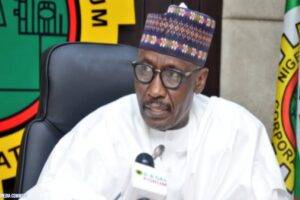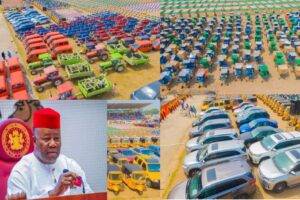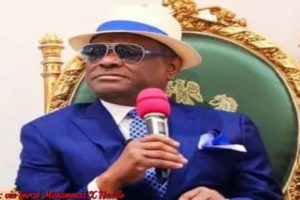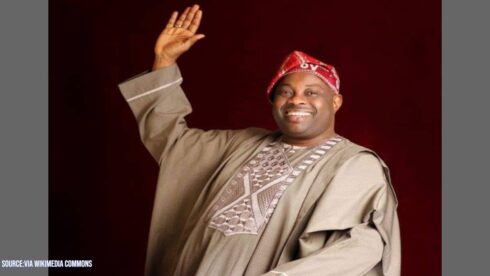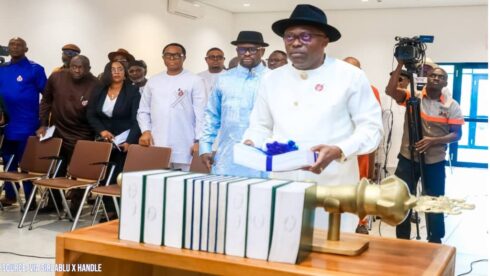Renowned media mogul and publisher, Dele Momodu, has disclosed that he did not own a property in Nigeria until he turned 57. Speaking candidly in a recent interview, Dele Momodu attributed this delay to the absence of a functional mortgage and credit system in the country. He admitted that, despite his prominence, affording a home was a significant challenge.
Dele Momodu’s revelation sheds light on the financial struggles faced even by well-known personalities in Nigeria. It underscores the larger systemic issues within the nation’s real estate and financial sectors. His personal story has sparked widespread discussions on the necessity for a sustainable mortgage system to bridge the gap between homeownership aspirations and financial realities.
The Call for a Serious Mortgage System in Nigeria
Dele Momodu has emphasized the urgent need for a robust mortgage framework in Nigeria. He stressed that such a system would democratize homeownership and provide Nigerians with the means to acquire property over time. “For Nigeria to make it, we must embrace a credit system,” he stated, highlighting the transformative potential of accessible housing finance.
Currently, the lack of affordable and long-term financing options has left many Nigerians unable to own homes. Dele Momodu’s advocacy is a rallying cry for policymakers and financial institutions to prioritize reforms in the housing sector. His insights align with global practices, where mortgage systems have proven pivotal in promoting economic stability and social equity.
The Impact of an Absent Credit Culture in Nigeria
Nigeria’s limited credit culture remains a major obstacle to economic growth, according to Dele Momodu. He noted that the absence of accessible credit facilities restricts individuals and businesses from achieving their full potential. The media personality emphasized that a shift toward embracing credit would stimulate investment and improve the standard of living.
Without a functioning credit system, many Nigerians rely on personal savings or informal loans, which are often insufficient for substantial investments like homeownership. Dele Momodu’s remarks have reignited conversations about the need for institutional frameworks that support credit accessibility, including fair interest rates and transparent lending practices.
Lessons from Advanced Economies
Drawing comparisons with developed countries, Dele Momodu highlighted how credit systems have revolutionized housing and entrepreneurship in those nations. He cited examples where accessible mortgage systems have enabled citizens to own homes without needing upfront capital. “Nigeria must learn from these economies if we are to progress,” Dele Momodu remarked.
These systems not only promote homeownership but also stimulate economic activities by encouraging investments in construction, real estate, and related sectors. Dele Momodu urged Nigerian leaders to adopt global best practices, emphasizing that such reforms would unlock untapped potential and foster sustainable development.
The Socioeconomic Benefits of a Mortgage System
Implementing a robust mortgage system could yield significant socioeconomic benefits for Nigeria. Dele Momodu explained that affordable home financing would enhance the quality of life, reduce housing deficits, and drive economic growth. He argued that accessible credit would empower individuals and families to secure their futures.
Moreover, a functional mortgage system could attract foreign investments into Nigeria’s real estate sector. Dele Momodu’s advocacy aligns with broader efforts to address housing challenges and create a more inclusive financial ecosystem. His vision reflects a commitment to empowering everyday Nigerians through systemic change.
A Vision for a Credit-Driven Nigeria
Dele Momodu’s call for a credit-driven economy represents a broader vision for Nigeria’s future. He urged stakeholders to prioritize financial reforms that would make housing and other essential services more accessible. “We must start now to build a system that works for everyone,” he concluded passionately.
As Nigeria grapples with housing deficits and economic challenges, Dele Momodu’s advocacy provides a roadmap for transformative change. By embracing credit and mortgage systems, the nation can foster financial inclusion, stimulate growth, and improve the lives of millions. His message resonates as a clarion call for action.
Table of Contents
Discover more from OGM News NG
Subscribe to get the latest posts sent to your email.




